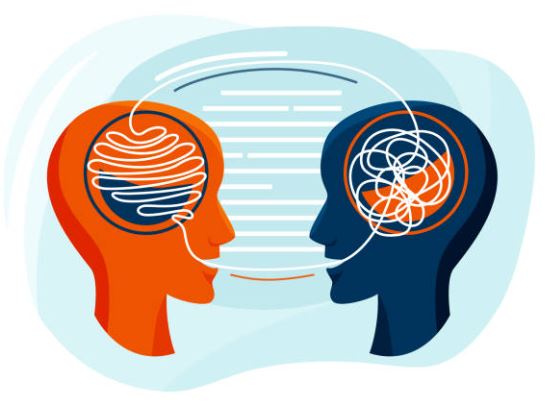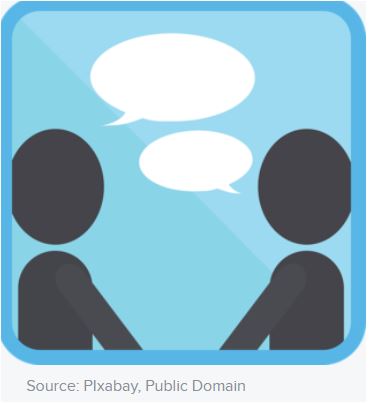Tame Your Inbox: A Strategic System for Managing 100+ Emails Daily
Email overload doesn’t just waste time—it fundamentally alters how we work and think. Research shows that the average knowledge worker checks email 74 times daily and spends 28% of their workweek on email-related activities. This constant context-switching reduces cognitive performance, increases stress hormones, and diminishes productivity. For individuals with attention challenges, including those with ADHD, the constant notifications and growing unread count can trigger anxiety and overwhelm, making email management not just a productivity issue but a wellbeing concern.
addrc.org









